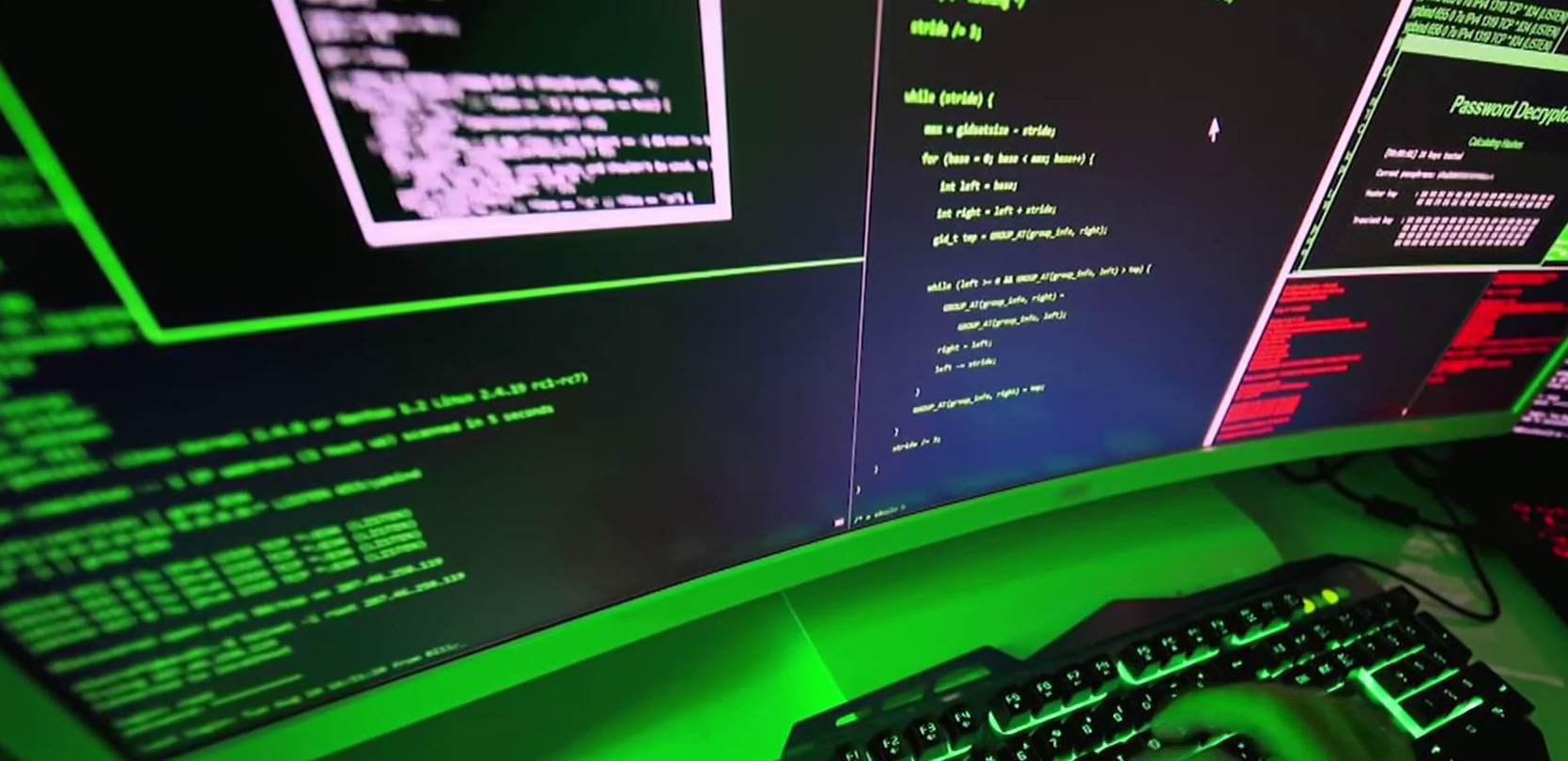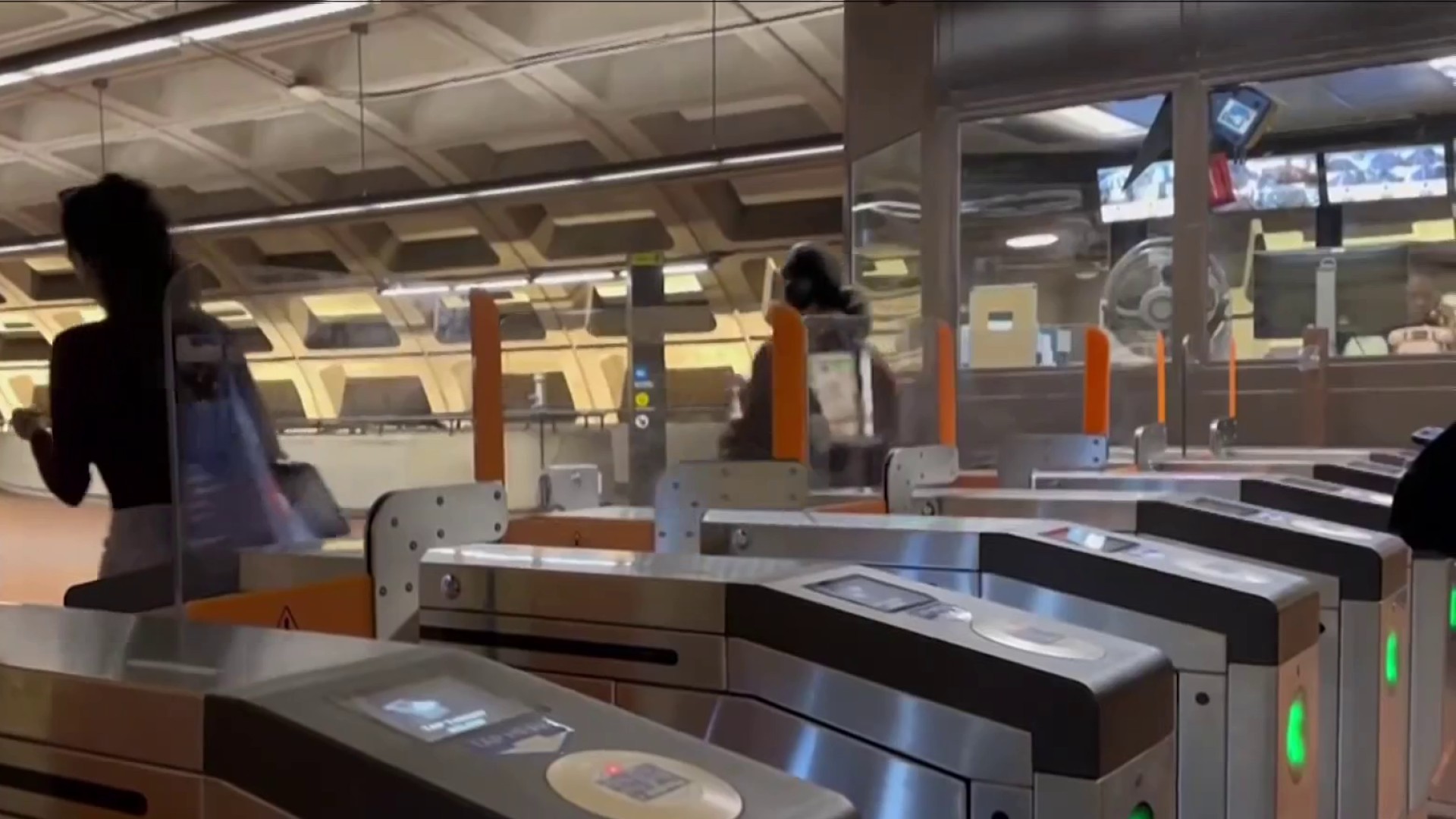June 22, 2009, was a day of immeasurable loss for nine families and a day when Metro and transportation in the D.C. area changed forever.
At about 5 p.m., at the height of rush hour on the Red Line, a train traveling at about 45 mph slammed into the back of a stopped train between the Takoma and Fort Totten stations.
Nine people died, including the operator of the striking train, and dozens of others were hurt, with some people suffering serious injuries. The crash remains the deadliest in Metro history.
NBC Washington looks back at the devastating crash and its lasting effects after 15 years.
We're making it easier for you to find stories that matter with our new newsletter — The 4Front. Sign up here and get news that is important for you to your inbox.
'Words couldn't describe what I saw'
The horrific crash occurred because sensors in Metro’s track malfunctioned. The striking train thought the tracks ahead were clear when they were not. The speeding train blindly hurtled toward a stopped train on the same track, around a turn.
The operator of the striking train had just seconds to respond and pressed the emergency brake button. But it was too late.
On News4 that day, people who survived the crash described what they saw.
“There was an abrupt bang that threw us back and then forward … People was discombobulated and crying," one survivor said.
“Words couldn’t describe what I saw. I just kept praying, hoping God was with all the passengers," another said.

‘I never really got closure’
For the families of those lost, the emotional scars of the Metro crash remain after 15 years.
Veronica Dubose rode the Red Line that day. She was the 29-year-old mother of an 8-year-old son and a 1-year-old daughter and was headed to her first day of nursing classes. She was riding at the front of the first railcar that struck the back of the stopped train and was killed.

Her son, Raja Williams, recently told News4 that on that day, his “whole life changed."
"My life just been different – the whole way still to this day," he said.
After the crash, he and his sister, Ava, were raised by their grandmother, Carolyn. She moved the family away from D.C. and memories of that day to a quieter environment in Culpeper, Virginia. But even many miles away, the loss the siblings feel is profound.
“I just found a way to deal with it. It’s not really closure. Any given moment, I might have a breakdown and I won’t even know why," Raja Williams said. But later in the day, I’m like, ‘Dang, that’s why.’ I never really got closure from it."
Ava Dubose, who was just 1 when her mother was killed, can remember her family members crying that day. “My whole life, that has just been it,” she said.
‘Not my baby’
The day of the crash, Veronica Dubose’s mother, Carolyn Jenkins, was in the hospital because of a medical issue. She saw images of the wreckage on TV. But she had no idea her daughter had been on board that train.
Jenkins’ youngest daughter, Monica Cochran, learned the terrible news from police and made her way to the hospital to tell her mother.
“I said, ‘But, Mommy, I have something to tell you.’ I’m trying to keep myself composed. … I said, ‘You know how you keep talking about the train accident? Well, Veronica was on the train.’ At this point, I was starting to cry," Cochran recalled.
"And she said, with the same reaction that I had, ‘What hospital is she at?’"
"And I said, ‘Mommy, Veronica didn’t make it. Veronica was killed in the train crash.’"
“My mom ripped the IVs out and she just ran down the hall screaming and crying, saying, ‘Not my baby!’ I think that’s probably one of the hardest things I’ve ever had to do in my life, was tell my mom that my sister had passed away," she said.
Carolyn Jenkins, who’s still raising her daughter’s children in Culpeper, said she thinks about her late daughter every day.
“I miss her so much. Me and her was real close … I got my chair set up where I look right at her picture all the time," she said.
What transportation officials said then and now
The National Transportation Safety Board called out Metro’s safety culture after the crash, saying “Metro was on a collision course long before this accident.” The NTSB said Metro had embraced a culture that did not put the safety of its passengers first.
Metro’s current leader, General Manager Randy Clarke, was not with Metro at the time of the crash. But he said he’s made it his mission to move far past that tragic day. On a ride of the Red Line with News4, he cited several important changes in the past 15 years, including:
- building up systems so knowledge remains though employees retire
- digitizing records to allow data analysis
- improving employee training
- becoming more transparent
“Trust is built on transparency, at the end of the day. I think that’s what we’re working on," Clarke said.
The Washington Metrorail Safety Commission was specifically formed to keep direct tabs on Metro safety. WMSC has enforcement authority, Max Smith of the commission explained.
“The prior oversight agency could raise an issue. It could be fully supported but they didn't have that authority to make sure it really stuck and was addressed,” he said.
Metro and WMSC now have multiple layers of safety protections.
The system has not had a fatality because of a direct safety issue in more than nine years, when an electrical fire near the L’Enfant Plaza station filled a tunnel with smoke, killing a 61-year-old woman.
Clarke said it’s important to put Metro’s recent safety history in perspective.
“We are either leading or above average on every safety metric in the country for a rail system – so, arguably the safest rail system in the country. Does that mean we’re perfect? No. There’s going to be things that happen … Even if we have some type of issue with Metro, we are not having crises or catastrophic incidents," he said.
A daughter and mother lost
Just outside the site of the Red Line crash stands Legacy Memorial Park. It’s a beautiful tribute to the nine lives lost.
Tawanda Denise Brown lost her 23-year-old daughter Lavonda Nikki King in the crash. Brown was instrumental in the creation of the park.

She said the crash seems like it happened just yesterday.
King had been heading home and was on her way to put out flyers about her new business: her own hair salon. She was at “a pretty joyful moment of her life,” her mother said. “Other than having the birth of her two kids, I had never seen her more ecstatic,” her mother said.
That all changed in an instant.
King’s son and two sisters joined News4 at Legacy Memorial Park. They stood in front of a granite block bearing her name. It was difficult for them to try to talk about all they had lost.
“I know she was a beautiful woman. She was hardworking. Everybody loved her and I know I would have too if she were still here," King's son, Andre King, said.
Keonda King, one of King’s sisters, said she’s struggling upon the 15th anniversary of her sister’s death. She said that even seeing a Metro train or bus is traumatic for her.
“I’m afraid of the train, a little timid. I don’t deal with Metro. I don’t like Metro. When I see the Metrobus, I get angry. I have an ill feeling for Metro. I hate Metro at this point. They took my sister, someone that I needed in my life," she said.
All of the family members News4 spoke with say their memories of 2009 prevent them from riding a Metro train.
Looking forward
To this day, Metro still has not returned trains to a computer-controlled automatic mode in which trains essentially drive themselves. That’s despite the fact that a track defect, not Metro’s automatic train control system, was blamed for the accident.
The transit agency has a goal to return parts of the system to automatic mode within the next year.
Beyond that, Metro’s current leader says today’s system is different from what existed in 2009.
“We are in a way better spot right now because of that hard work. The key is, we can’t go backwards," Clarke said.
News4 sends breaking news stories by email. Go here to sign up to get breaking news alerts in your inbox.
Still, June 22, 2009, remains an unbelievable nightmare for those who lived through it or lost their loved ones.
Brown, who lost her daughter to the crash, read aloud the words carved on the memorial to the crash victims.
“Embrace peace, love, courage and strength,” she said. “A legacy begins within you.”





